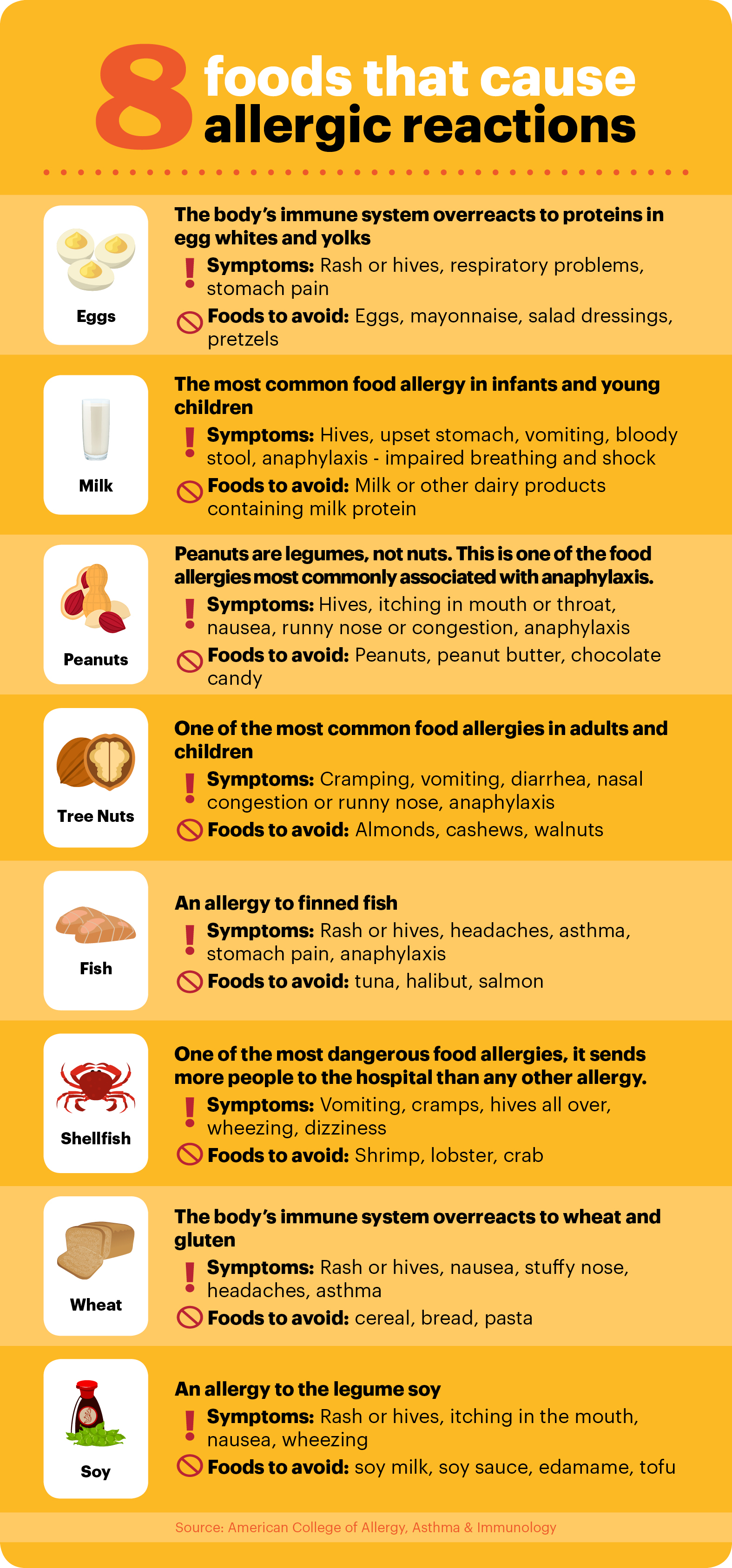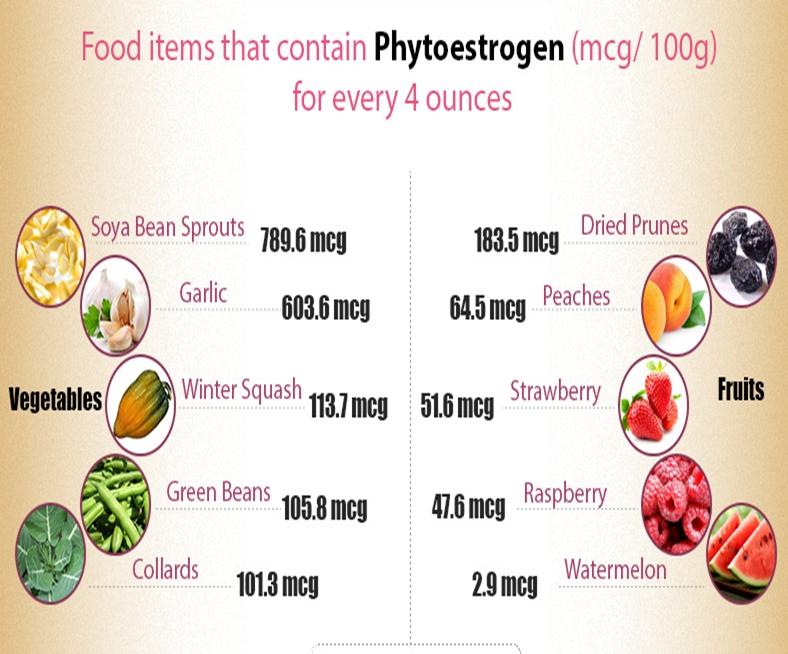Can You Grow Out of a Food Allergy?

A food allergy is an immune system response to a particular food. When someone with a food allergy eats the food, their immune system mistakenly identifies it as harmful and produces antibodies called immunoglobulin E (IgE). These antibodies bind to cells in the body called mast cells, which then release histamine and other chemicals. These chemicals cause symptoms such as hives, swelling, difficulty breathing, and nausea.

In some cases, people can grow out of a food allergy. This is most likely to happen in children, and it is more common with certain foods, such as milk, eggs, and wheat. However, it is important to note that not everyone who has a food allergy will grow out of it.

Factors that may contribute to growing out of a food allergy:
- Age: Children are more likely to grow out of a food allergy than adults.
- Type of food allergy: Some food allergies, such as milk and egg allergies, are more likely to be outgrown than others, such as peanut and shellfish allergies.
- Severity of the allergy: People with mild food allergies are more likely to grow out of them than people with severe allergies.
- Treatment: Early and effective treatment of a food allergy may help to prevent the allergy from becoming more severe and may also increase the chances of outgrowing it.
If you have a food allergy, it is important to see a doctor to discuss your condition and to develop a management plan. Your doctor may recommend avoiding the food that you are allergic to, carrying an epinephrine auto-injector in case of an allergic reaction, and wearing a medical alert bracelet.
There is no cure for food allergies, but most people can manage their condition and live full and active lives.










